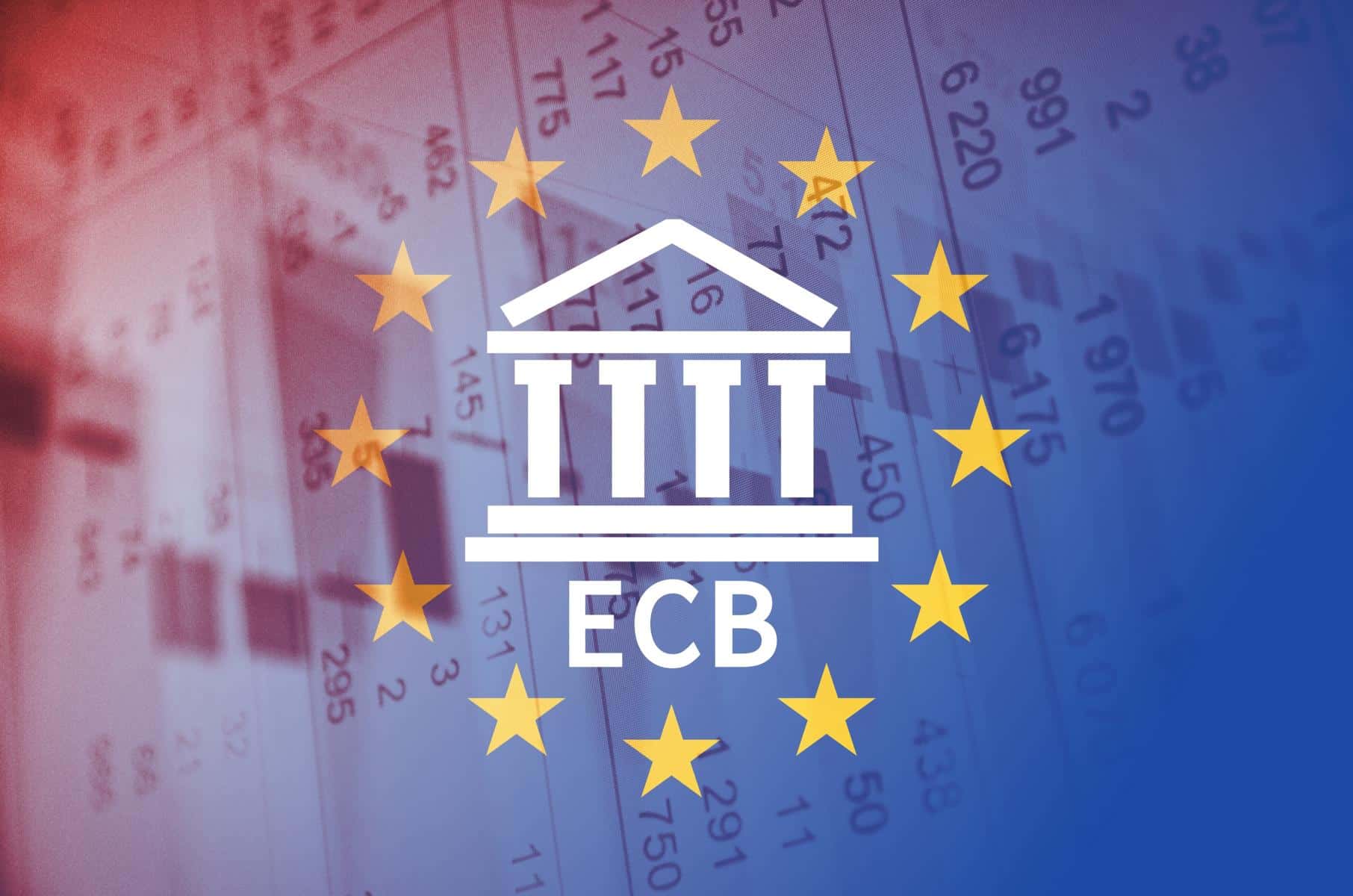
- The ECB warns that Bitcoin’s rise benefits early adopters, leading to wealth inequality and social instability.
- Bitcoin’s original goal as a global payment system has failed due to slow transactions and high costs.
The European Central Bank (ECB) has issued a critical assessment of Bitcoin’s soaring value, claiming that its expansion poses serious threats to social wealth distribution. The ECB claims that the rising price of Bitcoin mostly benefits early adopters, which results in a wealth transfer harming new investors and non-holders.
Bitcoin is seen as a zero-sum game since it contributes little to economic productivity, unlike conventional assets. As the ECB warns, this redistribution of wealth might have severe social repercussions, including financial difficulty for most people who do not own Bitcoin.
The ECB also implies that this widening disparity could endanger society’s stability as well as potentially democracy.
Bitcoin Transition from Payment System to Speculative Asset Raises Concerns
The ECB economists underline in their paper that the initial goal of Bitcoin—becoming a distributed worldwide payment system—has mainly failed. For regular transactions, Bitcoin is useless because of its poor transaction rates, high cost, and limited usage as a payment method.
Rather, it has evolved into a speculative asset whereby the wealth of early investors comes from the losses or lost chances of more recent participants. This has caused concerns about civil instability since individuals who lost out on Bitcoin’s expansion experience financial problems in relation to early investors.
Furthermore, the paper faults Bitcoin for being portrayed as an irresistible investment by celebrities and influencers, who distort it and therefore feed speculative bubbles separated from economic reality. According to the ECB, the rise of Bitcoin helps a small number of people while depriving most of society.
It comes to the conclusion that latecomers and non-holders have justifiable grounds to support laws restricting the spread of Bitcoin or perhaps outright bans of it.
Regarding regulations, this warning coincides with a period of time when governments all around are considering the ramifications of cryptocurrency more closely. Critics of the ECB’s position contend that the central bank ignores Bitcoin’s possible value as a kind of digital gold.
Still, the ECB argues that the way Bitcoin helps to distribute wealth cannot be overlooked and should form the center of attention in further policy debates.
On the other hand, CNF previously noted that the ECB has instituted offline payments for the digital euro, allocating $1.3 billion to contractors qualified to create this capability. The bank has verified that providers focusing on risk management, information security, and user applications will be obliged to carry out these tasks.